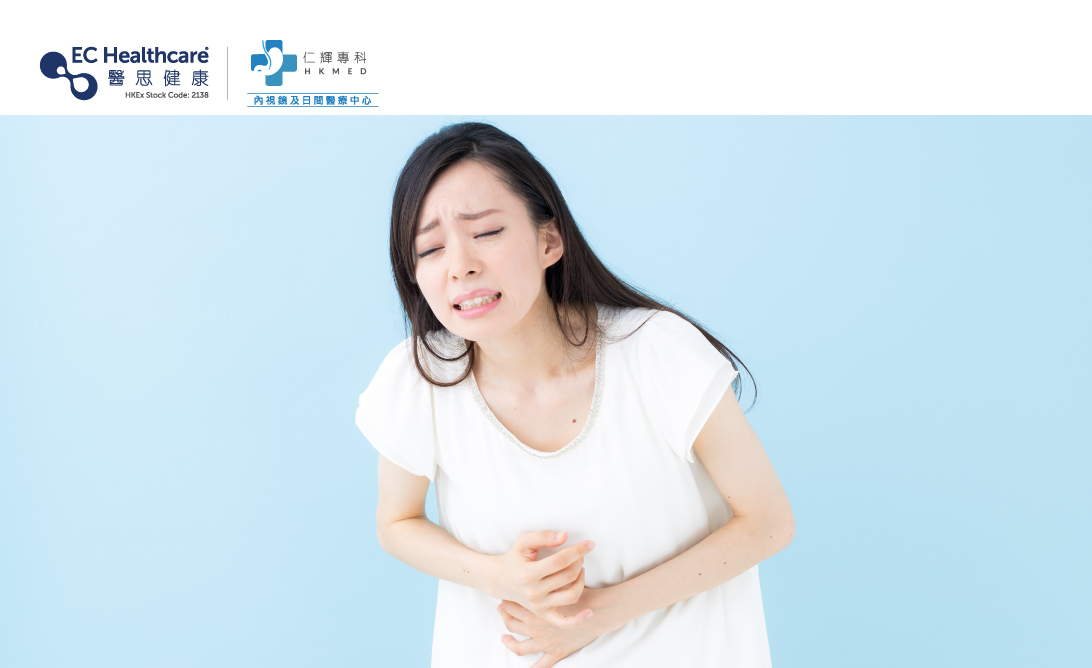Norovirus: The Main Culprit of Winter Gastroenteritis! Raw Seafood Consumption Increases Infection Risk!


As winter arrives, numerous infectious diseases start to spread. Clinics are not only filled with flu patients but also individuals seeking medical attention for acute gastroenteritis. Over 80% of winter gastroenteritis cases are caused by norovirus infection, with consumption of undercooked food being the primary mode of transmission.
Easily Contracted, Easily Transmitted
Norovirus (also known as Norwalk-like virus) thrives during winter and is the major cause of non-bacterial gastroenteritis outbreaks, as well as a common culprit of foodborne illnesses. With high infectivity, as few as 10 to 100 norovirus particles are sufficient to cause transmission. Individuals of all ages are susceptible to infection, and the main modes of transmission include:
.Consumption of undercooked foods, such as seafood, fruits, salads, and ice cubes;
.Contact with contaminated objects;
.Consumption of contaminated food or beverages;
.Exposure to aerosolized vomit from infected individuals;
.Transmission through person-to-person contact in crowded places (cruise ships, hotels, amusement facilities, schools, nursing homes).
The incubation period for norovirus infection typically ranges from 12 to 48 hours. The most notable symptoms include recurrent vomiting, diarrhea, and abdominal pain. Some patients may experience nausea, fatigue, mild fever, and chills. Generally, the illness resolves on its own within 3 to 5 days. However, severe cases may involve excessive vomiting and diarrhea, leading to dehydration, particularly among individuals with weakened immune systems such as infants, young children, and the elderly. Due to the lack of effectiveness of antibiotics against norovirus-induced gastroenteritis, doctors primarily provide supportive treatment to help patients recover as quickly as possible.
10 Key Measures to Prevent Norovirus Infection
Even if one has previously been infected with norovirus, the body does not develop long-lasting immunity, and currently, there is no vaccine available for prevention. Therefore, it is important to maintain personal hygiene and be mindful of the following 10 measures in daily life to prevent norovirus infection.
1. Thoroughly clean and cook food, as norovirus can be killed at temperatures above 70°C. Avoid consuming raw or undercooked food.
2.Practice thorough hand hygiene by washing hands with soap and water after handling food, before eating, after using the restroom, and after caring for someone (avoid relying solely on alcohol-based hand sanitizers, as they may not effectively kill norovirus).
3. Thoroughly wash fruits and vegetables with dedicated cleaning agents before consumption. Peeling fruits can also reduce the risk of infection.
4. Separate raw and cooked foods when handling them.
5. Use separate utensils when dining with others.
6. Maintain good indoor air circulation.
7. Properly clean toilets used by patients and areas contaminated with vomit or feces, and disinfect contaminated and adjacent areas using a 1:49 dilution of bleach solution.
8. Wear gloves and surgical masks when handling vomit and feces.
9. Patients and carriers should avoid handling food or caring for individuals with weakened immune systems.
Related Brands







